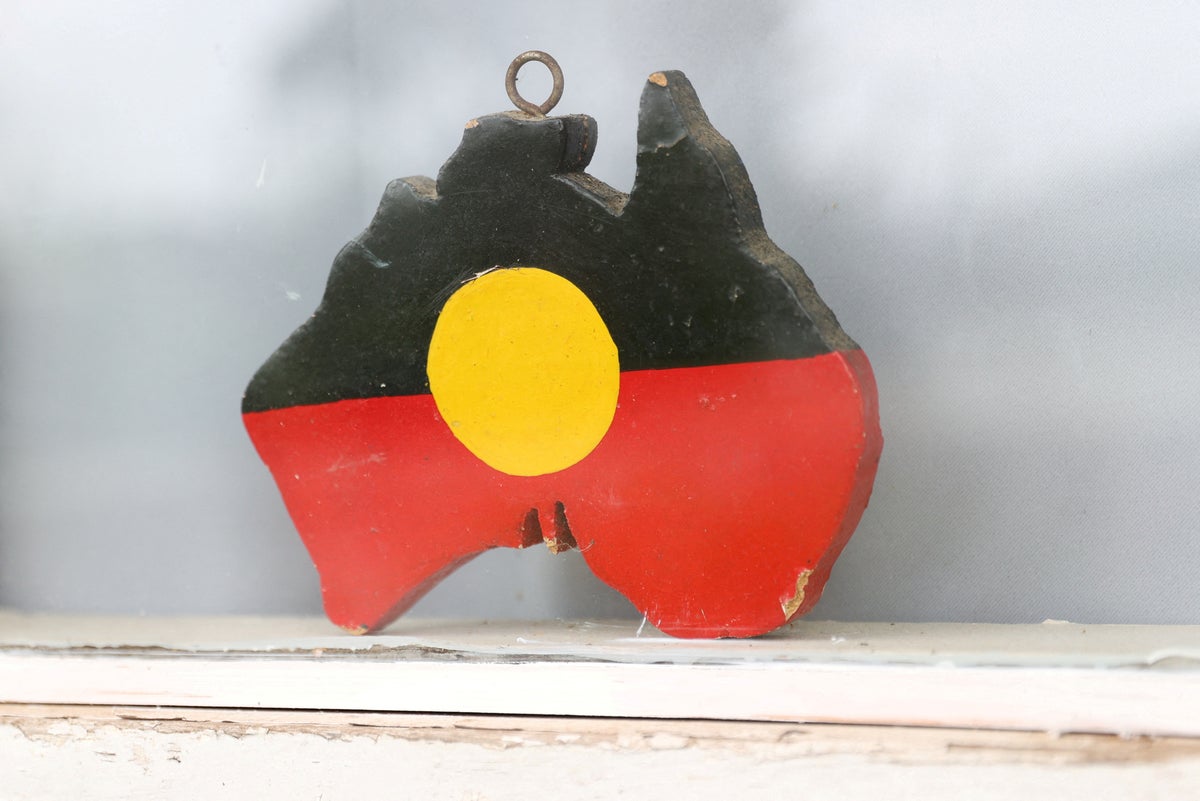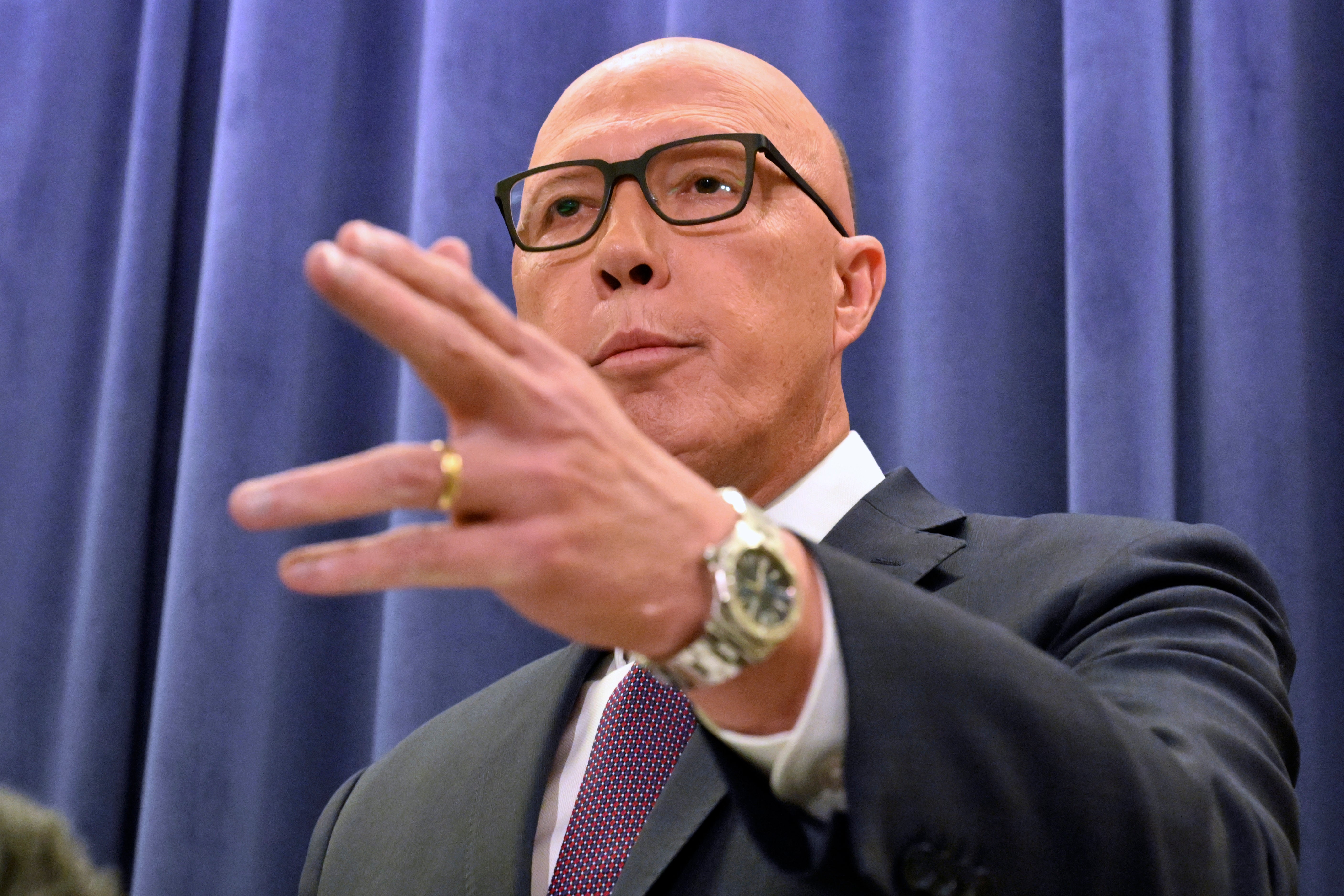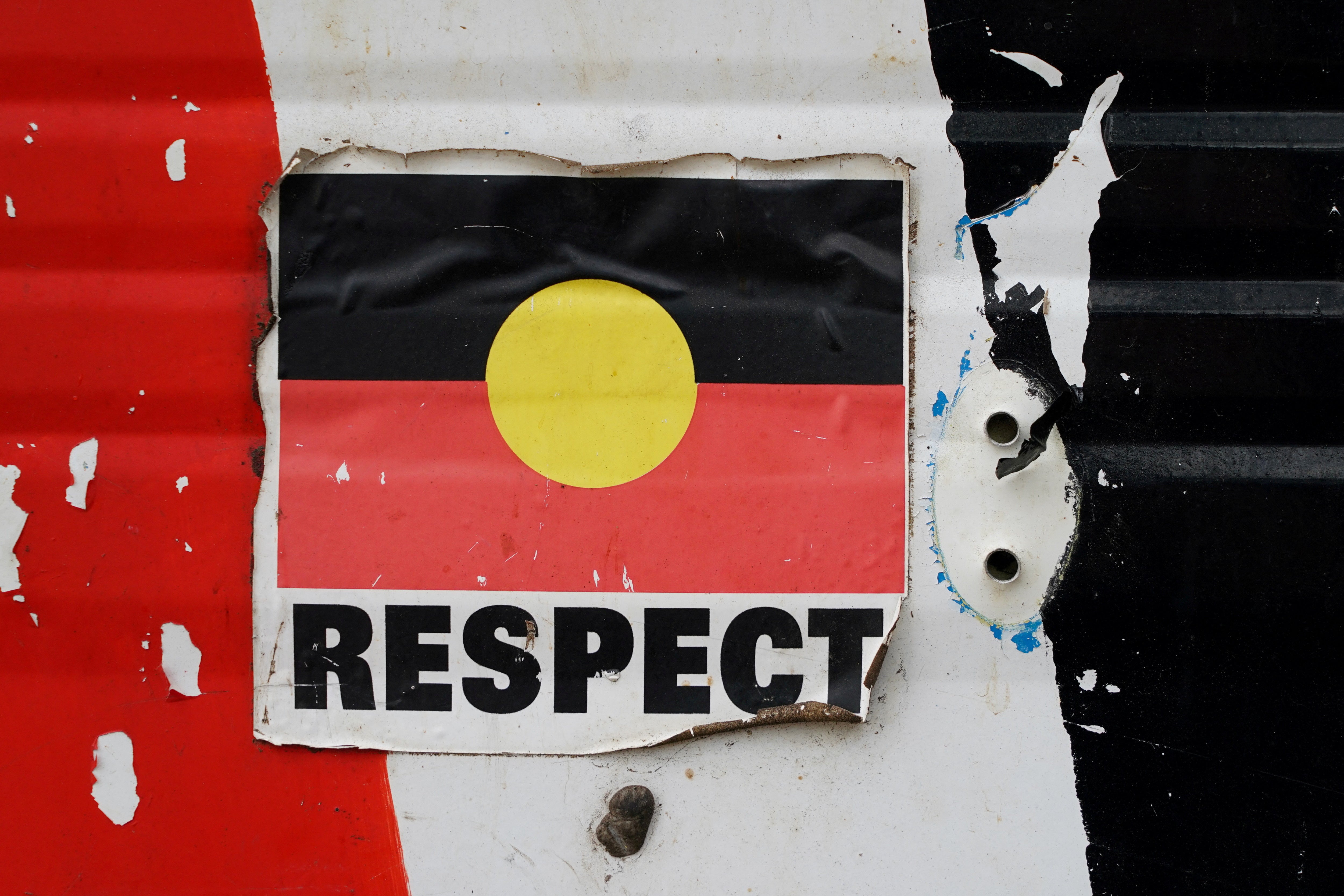
Indigenous leaders in Australia on Thursday criticised the country's main opposition party for its decision to campaign against a proposal to constitutionally recognise Aboriginal and Torres Island people.
Liberal Party leader Peter Dutton on Wednesday announced the party would campaign against a national vote to enshrine an Indigenous consultative body in the constitution.
Noel Pearson, an Indigenous leader and a key campaigner, said he had a sleepless night after hearing the decision of the conservative party.
“I was troubled by dreams and the spectre of the Dutton Liberal party's Judas betrayal of our country,” he told ABC radio.
"It is a sad day for the country."
Australians will cast their ballots in a referendum later this year on whether they support altering the constitution to include a "Voice to Parliament" - a committee to advise the House on matters that affect the lives of its Aboriginal and Torres Strait Island people.
A successful referendum would finally give constitutional recognition to the country's Indigenous people, who track below national averages on most socio-economic measures.
The Liberal Party's decision is concerning, given a referendum has not succeeded in changing Australia’s Constitution since 1977, and bipartisan support of the major political parties is widely regarded as a prerequisite for success.
Aboriginal and Torres Strait Islander people represent nearly 3.2 per cent of the nation's population of 26 million people. However, they are not currently mentioned in the country's 122-year-old constitution.
"Legislative bodies have come and gone; only constitutional enshrinement will guarantee First Nations peoples will have an enduring say and ultimately improve First Nations lives," Uluru Dialogue spokesperson Pat Anderson said.

The opposition leader on Wednesday said his lawmakers would prefer Indigenous people were represented by regional and local “Voices” rather than one in the capital Canberra.
“Creating another national body out of Canberra as the prime minister is proposing divides our country, it doesn’t unite, and it will not deliver the outcomes on the ground,” Mr Dutton told reporters.
“What I fear with the Voice is that it changes our system of government forever and we end up with no practical net benefit to people in Indigenous communities and that would be the worst of both worlds.”
Prime minister Anthony Albanese said the opposition's stance made the constitutional change more difficult to achieve.
“Yes it will. Of course, it will. That’s why it is so disappointing that in the (Dutton) press conference today, it was all about politics,” Mr Albanese told Australian Broadcasting Corp.
"It’s about Australia, how we see ourselves, whether we give respect and recognise the fact we share this great island continent of ours with the oldest continuing culture on Earth and whether we have a process where we listen — we give a voice to — Indigenous Australians,” the prime minister added.

The controversial decision has reportedly led to a divide within the Liberal Party, with some publicly rejecting the party's position.
Ken Wyatt, who was the first Indigenous Australian to serve as a cabinet minister from 2019 to 2022, reportedly quit the party.
"I still believe in the Liberal Party values, but I don't believe in what the Liberals have become," the former minister for Indigenous Australians told the West Australian.
"Aboriginal people are reaching out to be heard, but the Liberals have rejected their invitation," Mr Wyatt added.
A poll published in The Australian earlier this week found 54 per cent of respondents supported the Voice proposition while 38 per cent opposed it. The poll was based on a survey of 4,756 voters between 1 February and 3 April with less than a three percentage point margin of error.
With agency inputs







